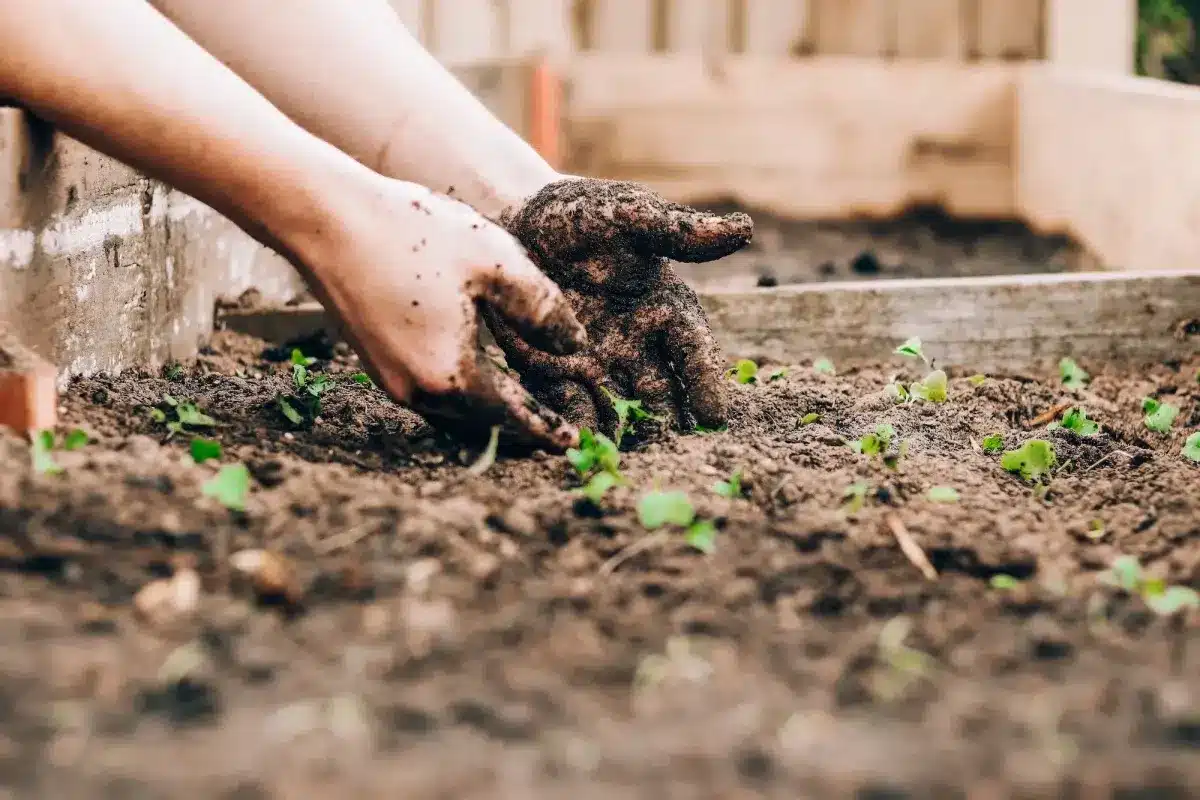As we’ve discussed previously, feeding the world’s growing population is set to become a major challenge in years to come. Achieving food security through the intensification of global food production is vital, but the world’s current trends in food consumption are simply unsustainable in terms of costs to public health, the environment and socio-economic costs. That’s why it’s imperative for governments, policy-makers and farmers to strive for sustainable food production and consumption.
In this blog post, we question some of the conventional wisdom around today’s agricultural approaches and suggest a truly sustainable solution.
MYTH #1: Large-scale agriculture feeds the world today
TRUTH:
According to a recent report released by the U.N. Food and Agriculture Organization (FAO):
- Nine out of ten of the world’s 570 million farms are managed by families
- Family farms produce 80% of the world’s food
- 84% of the world’s farms are less than two hectares in size.
These figures demonstrate the important role that smallscale farmers play in feeding the world’s population. While conventional industrialised agriculture feeds the developed world, most of the world’s farmers work the land to feed themselves and their families.
MYTH #2: Large farms are more efficient
TRUTH:
Mechanisation on large farms can provide cost and labour efficiencies, but bigger farms do not necessarily produce more food. And although large farms are often set up to excel at producing large amounts of a particular crop, small, diversified farms often produce more food (as well as more kinds of food) per hectare overall.
MYTH # 3: Organic farming is inherently sustainable
TRUTH:
Organic farming can be sustainable, but this isn’t always the case by default. Think about the farming practices of the Roman Empire and other ancient societies: they may not have used chemicals, but their tillage practices resulted in soil erosion.
Thus, debates about the future of agriculture shouldn’t simply consist of ‘conventional’ versus ‘organic’. Sustainable and organic agriculture are not one in the same thing. For example, a farm that uses regenerative methods such as no-till, cover cropping and crop rotations may also still use some fertilisers and pesticides.
READ MORE: Organic vs. Sustainable Farming: What’s the Difference?
So, now that we’ve debunked these myths, herein lies the truth: the key to sustaining highly productive agricultural activities lies in rebuilding healthy, fertile soil.
In order to increase production sustainably to feed the world, farmers need to restore degraded soils using fewer agrochemicals, fertilisers and pesticides. Regenerative practices show that we can readily improve soil fertility on both large farms and on small subsistence farms.
At Zylem, soil health is our main focus area. We help farmers around the country to implement regenerative measures to improve soil health and outputs.
Get in touch with the Zylem team to find out more about our sustainable farming solutions. Contact us on 033 347 2893 or send your enquiry to admin@zylemsa.co.za.

About the Author: Alex Platt
Alex is Business Development Manager at Zylem. He’s inspired by the potential of regenerative farming and takes a special interest in the technology and products that are moving agriculture in a more sustainable direction.

